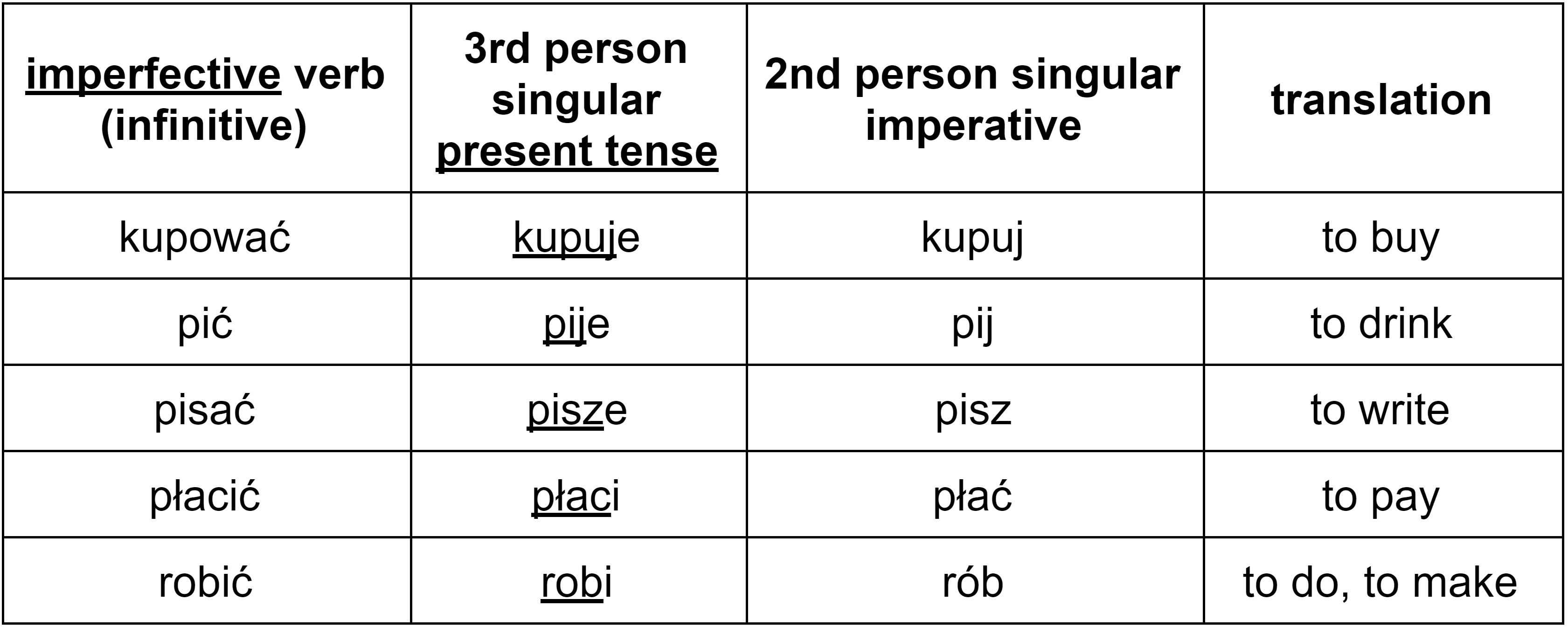Right Form Of Verbs Rules
Rules for Irregular Yo Forms. Verbs with irregular yo forms usually end in-guir, -ger or-gir. For verbs that end in-guir, the conjugated yo form ends in –go. For example: extinguir (to extinguish) becomes extingo. For the verbs that end in -ger or-gir, the g in the yo form turns into a j. For example: dirigir (to direct) becomes dirijo, and escoger (to choose) becomes escojo.
A verb has three principal tenses: the present, the past, and the future. Each tense refers to action taking place in one of the main divisions of time present time, past time, or future time.
The 32-bit adaptation of the Datacenter Edition can upheld by the Physical Address Extension (PAE) up to 32 processors and 64 gbyte RAM in a server. Windows Server 2003 conveys the inside variant number 5.2. This working framework is utilized on IBM servers of the arrangement x445 and x455, for instance. The working framework was distributed as a successor of Windows server 2000 in April 2003. Server 2003 iso. The accompanying administrations are begun after the establishment of the Enterprise Edition.

Each of these time forms is called a tense of the verb. Present Past Future I walk I walked I shall walk I write I wrote I shall write I speak I spoke I shall speak The present tense is sometimes called the simple form of the verb. The present tense of a verb denotes present time. I see I walk I am I laugh I smile I write The past tense of a verb denotes past time.
Examples Of Verb Forms
I saw I walk ed I was I laugh ed I smil ed I wrote The future tense of a verb denotes future time. I shall see I shall walk I shall be I shall laugh I shall smile I shall write We shall talk We shall obey We shall go We shall see You will be there I will obey We will go We will see NOTE When we use ' I' or ' We' as the subject of a verb in the future tense, we use the word ' shall' to form the future. When the future verb has any other subject, we use the word ' will' to form the future. The Perfect Tenses Notice the following sentence: I have written a novel. This means I wrote the novel at the time I made the statement. In other words, the action of the verb is completed at the time of speaking or writing.
Right Form Of The Verb
We call this tense the present perfect tense. Notice this sentence: I had written the novel before I proofed it. This statement shows that I had completed the act of writing at some definite time in the past. We call this tense past perfect tense. Notice the sentence: By this time tomorrow I shall have written the chapter. In this sentence the verb phrase indicates that I will complete the act of writing at some time in the future.